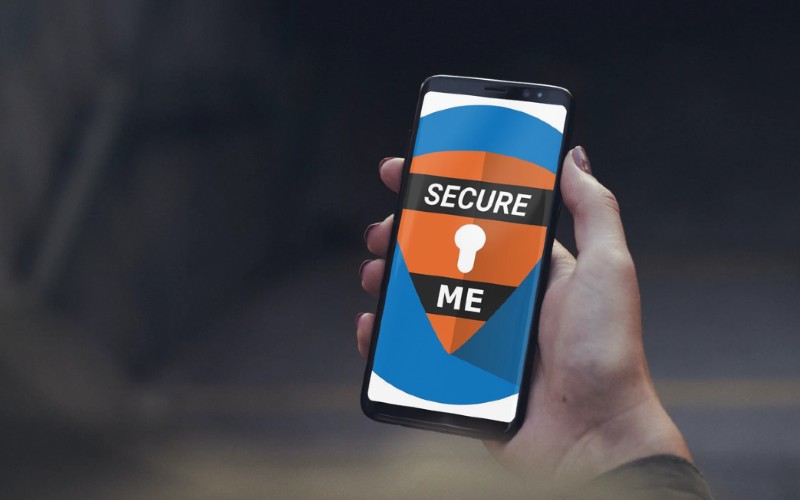A new app has launched in the Google Play Store to enable Android users to stop apps from snooping on their data in the background.
The SecureMe app claims to show users exactly what their apps get up to, flagging up which apps can be trusted and those which may pose security threats.
The application automatically grants and denies apps’ access when they are opened and closed, meaning they cannot collect data while they’re not being used. Although similar apps are available, it is the first one to automate the process – meaning that users no longer have to switch apps off one-by-one.
As well as limiting the data that apps hold, SecureMe also reduces the risk of hacking, whilst preserving battery life.
It has been launched by James Dunne in response to rising public awareness of apps’ snooping power.
“The public are more aware than ever before that apps have access to certain data – and that this data is sold on – but they are less aware about why they should care about it. People tend to think, ‘Oh well, I’ve nothing to hide’ or they value the app, so they just put up with it,” said Dunne.
A recent UK study by Deloitte revealed that consumers have become less concerned about the use of their data: in 2018, 47% of respondents stated they were ‘very concerned’, this halved to 24% in 2020.
Dunne continued: “As soon as they try my app, they are shocked when they find out exactly what their apps have permission to do. From the moment you blindly press ‘allow access’ or ‘grant permissions’, apps can take photos, track your location, listen to your conversations, read your emails, view private images and even stop your phone from sleeping.
“You wouldn’t hand your unlocked phone to a stranger, so don’t allow your apps to snoop or eavesdrop either.”
Earlier this year, a report by pCloud found that 52% of apps collect data and share it with third parties. The top two apps were Instagram, which shared 79% of personal data collected with third parties, and Facebook, which shares 57% of personal data collected with third parties.
Dunne said: “The truth is, such apps don’t need this data to work but they don’t make it straightforward to turn permissions off. If you simply switch off photo access for WhatsApp, for example, you can no longer send photos within the app. It’s not a proper solution – which is why we launched SecureMe.”
SecureMe requires no internet connectivity or permissions to operate. Once installed, it will populate its menu with the users’ mobile device applications, showing the user what they have allowed each app access to.
Using the app, the user can grant permissions for applications temporarily. Once a permission is granted, SecureMe will automatically remove that permission either when you exit the app in question or after a certain amount of time has passed.
“Recent research shows that 91% of Android apps send data to high-risk parties compared to 26% of iOS apps,” added Dunne. “With 60-90 apps installed on the average smartphone, it is about time that users were equipped with better tools to stop the snooping – and that’s what we’re here for.”


